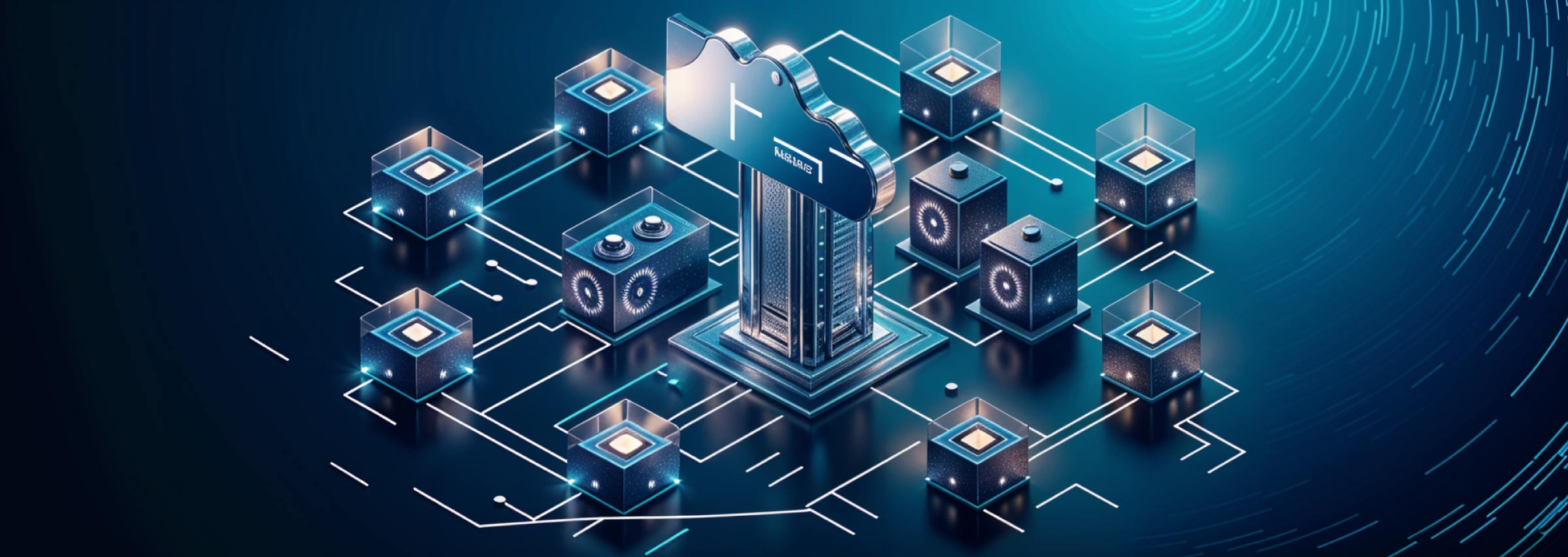Every business these days needs an Enterprise Resource Planning (ERP) system. ERP is a suite of integrated applications that can collect, store, manage and interpret data from many business activities. It is an indispensable software for a company that is looking at managing its operations efficiently and wants to enhance its planning, budgeting, and financial reporting. ERP helps integrate and streamline business processes, often in real time. ERP systems, such as SAP, ORACLE or others, rely heavily on the suites as they are business critical
With the rising adoption of cloud-based solutions among enterprises and their increased reliance on ERP system to improve operational efficiency during the COVID-19 pandemic are set to drive the growth of the global ERP industry. According to MarketsandMarkets the global cloud ERP market size is expected to register a Compound annual Growth Rate (CAGR) of 17.4% from 2020 to 2025. During this time, the industry will expand from US$45.3 billion to US$101.1 billion.
Why ERP Testing?
It is critical in ERP testing that the test plans should cover the complete roadmap of the implementation phase. Since there are many modules present in the system, there must be communication inter linkages between them to avoid any kind of breakage in the data exchange. For instance, to create a sales order in the sales module, the system must check the available stock in the inventory management and the credit limit of the customer in the customer module.
Apart from the functional flow like in the above business scenario, a critical phase in ERP testing is the implementation. The implementation phase of ERP involves a lot of planning. The ERP system needs to be modified and customized based on customer specifications and infrastructure. It is very important to understand the components and their functionalities for testers to prepare the test plans and the test suite with all the possible use cases that can be covered in a feasible manner.
The significant point to be noted is that development and testing have equal importance when it comes to the successful implementation of an ERP system. To increase the efficiency and productivity of an ERP system, the testing team has to put in as many efforts as the development team.
We at Gemini mainly focus on functional and performance testing for the ERP system followed by integration between the modules and the data flows. As a result, clients would receive an error-free suite of applications that can streamline resources, operations and business processes. To know more about our testing services, contact us.
Identify the Business Process and Define the Scope of Testing
- Test Environment setup
- Test Plan creation
- Prepare the Test Suites, Test cases and RTM
- Creation of test data
- Creation/modifying the Automated test scripts
- Generating the detailed test reports which include Test Matrices
ERP implementation projects consist typically of the following types of testing.
- Unit Testing: It ensures that a section of the applications meets its design and behaves as expected. Unit tests are automated tests that isolate each part of the program and show that the individual parts are correct.
- System Integration Testing: To verify the interactions between the modules of the software. System integration testing is used for the verification of the high and low-level software requirements. These requirements are mostly specified data given in the software design document.
- Regression Testing: It is conducted to fix a big in the software or when changes are made to the existing functionality of a software. Regression testing ensures that previously developed and tested software still performs after a change by re-running functional non-functional tests.
- User Acceptance Testing: This is the final step in the testing process. It is conducted after completing the functional, system and regression testing are completed. It deals with testing the software by the user or client to determine whether it can be accepted or not.
Advantages of Using Gemini ERP Testing Services
- Reusability
- The expertise of over a decade in ERP
- Real world testing practices as a BA, core user, end user and customer side subject matter expert
- Implements the test automation as a hybrid framework so that it can be used for multiple environments and to a maximum extent of customization
- Master data and transactional data utilization in the best manner
Client Benefits
- Reduced testing costs and improved resource optimization
- Requirement analysis, determining test scope and test planning
- Have over a decade of experience and expertise in SAP
- Helps utilize the master data and transactional data in a proper way
- Bring new solutions with a minimal time frame
Improved test efficiency through highly mature testing methods
ERP Center of Excellence
Our ERP Center of Excellence (CoE) combines the technological expertise, IT talents and the market requirements with industry best practices to drive and achieve continued value from investments in ERP solutions.
We have a highly experienced and skilled team of experts who can design, test and customize ERP modules for customers. Their focus is on offering innovative ERP solutions that help clients meet their business objectives. We advise customers about the tools and services available from various OEMs and help them choose the right solutions. We implement, support and optimize ERP products and applications after a rigorous process of testing and quality assurance. We also help client upgrade their legacy systems and migration to the cloud environment.
What We Offer?
- Mapping of business, data migration and validation services at life cycle verification and validation.
- Pre- and post-implementation and functional/technical upgrade verification in the upgrade process.
- Risk assessment and evaluations of ERP application as a part of security.
Testing the application as patches, system integrations, maintenance, rollouts, performance and test automation.



